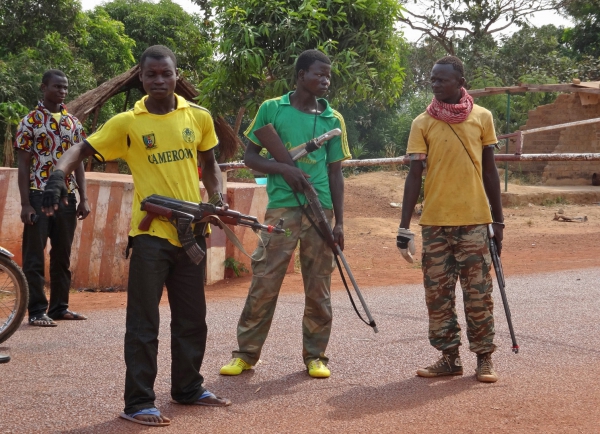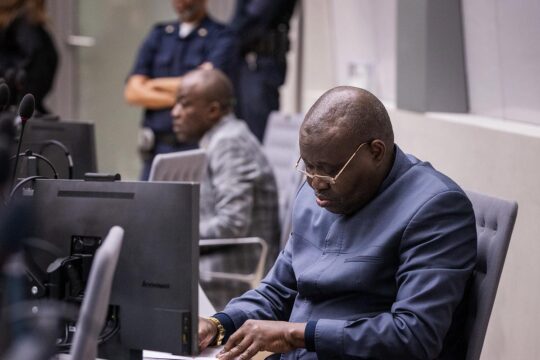Thierry Vircoulon is Central Africa project director of the NGO International Crisis Group (ICG), which has already published several reports on the Central African Republic crisis. ICG will shortly release a new report focusing on relations between Moslems and non-Moslems in the CAR. In this interview with JusticeInfo.Net, Vircoulon says this country, the “Cinderella” of the former French empire, “holds no strong interest for external actors”.
JusticeInfo.Net: What or who is behind this latest upsurge of bloody violence in the Central African Republic?
Thierry Vircoulon: As explained in our report published a few days before recent renewed violence in Bangui, the transitional roadmap has serious weaknesses, including: the fact that the militia have not been disarmed, resulting in structural insecurity; inter-community relations that are at least suspicious if not hostile; reconstitution of local administration which is still rudimentary, inefficient and distrusted by Moslem communities; and a calendar for the French troop pull-out that is in contradiction to the transition political calendar on Disarmament, Demobilization and Reintegration (DDR, of fighters) and elections.
The current upsurge of violence results from an accumulation of mistakes by the international community which wants to organize elections amid insecurity and a more or less complete institutional void, and which is putting crisis exit strategy before crisis resolution strategy.
JusticeInfo.Net: Why is the international community, starting with France, demanding that elections be held before the end of the year when many Central Africans (including the government of Catherine Samba-Panza) think it is unrealistic?
TV: Despite the fact that the roadmap drawn up in 2014 (which provided for the National Forum, followed by DDR and elections) has gone off the rails, the international community wants to maintain the electoral calendar. It is applying a transition formula which has failed elsewhere, but is doing so because it fits its interests, which consist of pulling out of the CAR as quickly as possible
JusticeInfo.Net: And why does the international community want to pull out? Because it is costing too much, or because the CAR is of no economic or strategic interest?
TV: First of all, the "international community" is only a handful of countries in the CAR. Secondly, the CAR is not a geopolitical priority in Africa at the moment. Its mineral resources are in remote areas and so difficult to exploit, and its successive governments have never managed to inspire the confidence of industrial investors. Many have come, but none have stayed. As a result, the country does not represent a strong interest for outside players, and that seems to be a constant in its history. The CAR was the “Cinderella" of the French empire and as an independent State it has never drawn many external actors, as shown by its diplomatic and economic history since independence.
JusticeInfo.Net: What do you think of rearming and redeploying the Central African Armed Forces (FACA), as urged by several NGOs and political parties in the country?
TV: It’s a very bad idea. The Central African army has never been efficient and is better known for its abuses than for its professional capacities. In fact, this demand is directed against the armed militia of PK5 (Editor’s Note: hub of inter-communal massacres in Bangui and last bastion of Moslems driven from other areas of the capital by mainly Christian and animist Anti-balaka militia). If it is implemented, it will only result in more violent clashes.
JusticeInfo.Net: What will it take for the warlords in the Central African Republic to truly embrace the peace process?
TV: A Disarmament, Demobilization and Reintegration (DDR) programme is both carrot and stick. There needs to be military pressure and the arrest of militia leaders who oppose DDR, plus a real policy of reintegration that benefits both the fighters and the communities.







